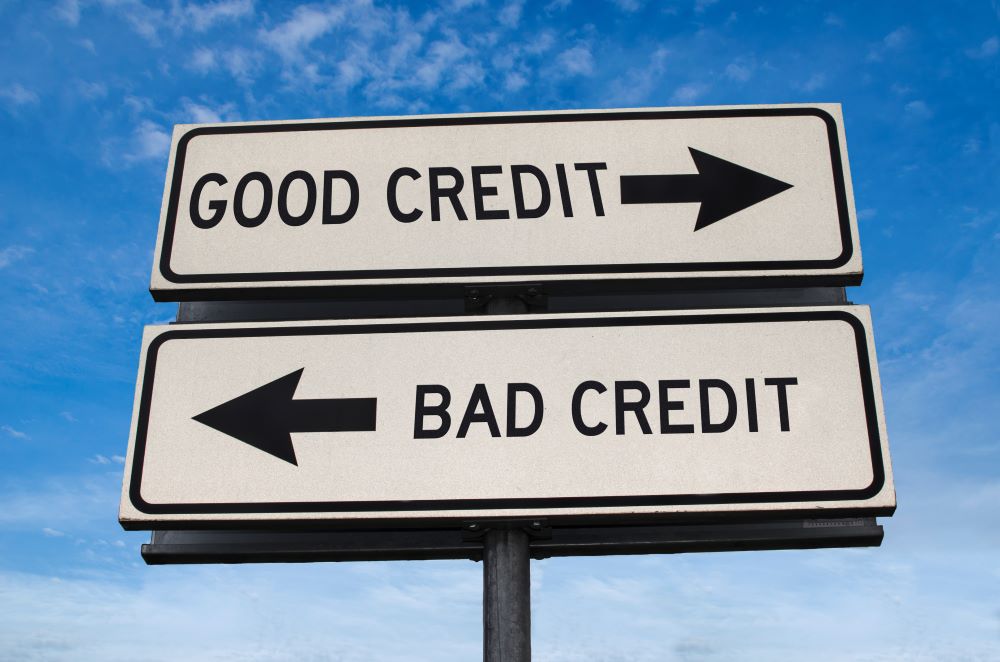Having no credit and bad credit often get grouped together, but the two situations aren’t the same.
And understanding the difference between the two is a key step toward reaching your credit goals. Knowing the right way to positively impact your credit often depends on whether you have no credit history or bad credit.
Having no credit means that there’s simply not enough information on your credit file to calculate an accurate credit score for you. That means when you apply for a credit card, a mortgage, a car loan or sometimes even an apartment lease, your potential lender won’t find any results when they check your credit report. It’s also known as being credit invisible. This can limit the financial products you qualify for and may make some financial milestones, such as buying a house, difficult to achieve.
Bad credit on the other hand refers to a low credit score. That low score is because of negative items on your credit file, such as not paying your credit card bill. A bad credit score can make it difficult for you to qualify for a loan. If your score is too low, this increases the chances of having your loan denied. And even if a lender approves your loan, you may likely be charged a higher interest rate.
When you have no credit, the solution is to take actions to help establish your credit. When you have a low credit score, the solution is to take actions to repair your credit scores.
How to Establish Credit for the First Time
The tricky part when you have no credit is finding a credit card for which you qualify. There are a couple of options to build your credit visibility.
One option is to become an authorized user on an existing credit card account. As an authorized user, you can piggyback off someone else’s good credit actions without being liable for any charges made on the card. Make sure the primary account holder responsibly manages their credit, so you benefit from positive behaviors.
Secured credit cards are a second option for consumers looking to build credit. With a secured card, you typically make a security deposit upfront that acts as your credit limit (usually a minimum of $200). This gives you the chance to get used to having a line of credit while also preventing you from overspending. The security deposits act as collateral should you default on your monthly payments. Once you graduate to an unsecured – or traditional – credit card you get your deposit back.
Steps You Can Take to Positively Impact a Bad Credit Score
Your credit score is an indicator of your creditworthiness, which is the measure of how likely you are to pay back what you borrow. Whenever you borrow money, the institution you’re looking to borrow from wants to make sure that whatever they lend you can be paid back. The higher your credit score, the better chance you have of being approved for credit at lower interest rates. If you have a bad credit score, you can take steps to reach your credit goals.
One step is to monitor your credit report. Your credit score is based on the information listed in your credit report. Inaccuracies, even small ones, can negatively affect your credit score.
You also want to make sure you pay your bills on time. Set up auto-pay or have money taken out of your salary automatically for bills – do whatever is necessary to always make your payments on time.
Another option that can help you reach your goal is taking out a credit-builder loan. A credit-builder loan is a loan designed to help you positively impact your credit score. With a credit-builder loan, you pay the lender fixed installment payments and then receive the money in a savings account at the end. During the process, the lender reports the monthly payments to the credit bureaus, which helps the borrower’s credit history.











